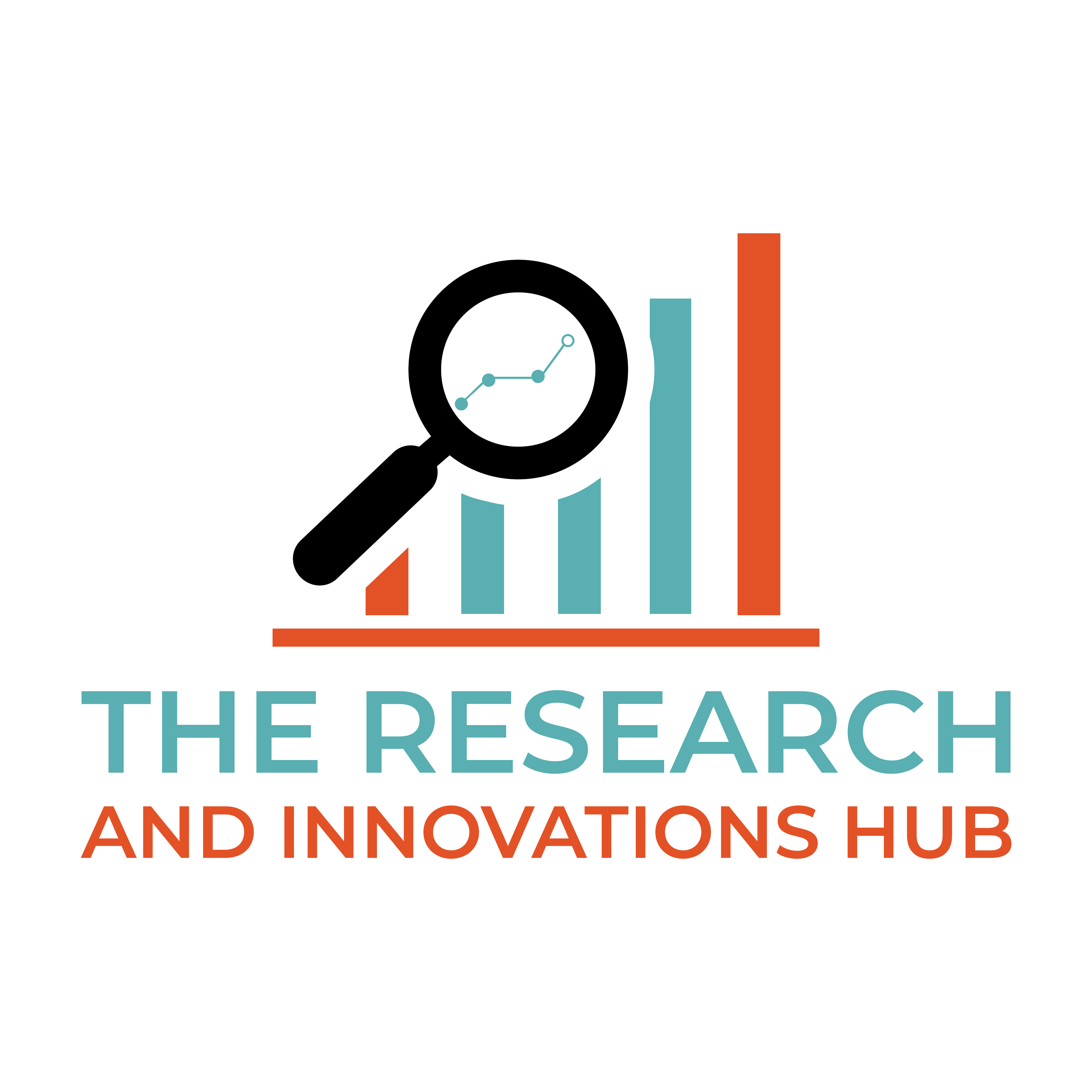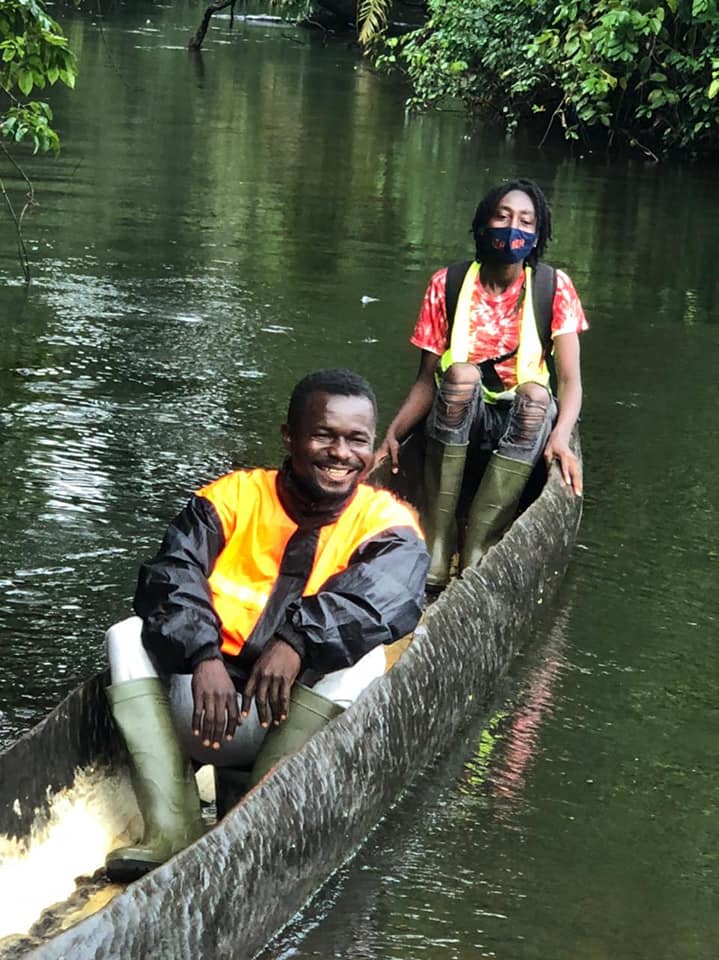A Comprehensive Survey of Multi-Level Health Factors
The Research and Innovations Hub successfully completed a comprehensive data collection project for the Breakthrough Action Liberia Baseline Study. This rigorous survey spanned three counties—Bong, Gbarpolu, and Bomi—and gathered insights from 5,521 respondents to uncover multi-level health factors affecting the Liberian population. The study employed a quasi-experimental design to provide a foundational understanding of key health-related behaviors and challenges across the country.
Project Overview and Objectives Commissioned by USAID and led by the Johns Hopkins Center for Communication Programs, Breakthrough Action Liberia seeks to improve health-related social and behavior change (SBC). This study was conducted to gather crucial data for designing and enhancing health communication programs. By working closely with the Ministry of Health, the research aims to better understand how to drive demand for health services, particularly in maternal and child health, family planning, and disease prevention.
Survey Methodology and Participant Profile The Research and Innovations Hub surveyed women aged 20-49, men aged 20-55, and adolescents aged 15-19 in the selected counties. Enumerators ensured the sensitive nature of the surveys by assigning female enumerators to women and adolescent females and male enumerators to men and adolescent males. Half of the respondents were from Bong County, reflecting its larger population size, while the remaining respondents were distributed equally between Gbarpolu and Bomi counties.
Key Findings and Data Insights The survey revealed significant gaps in health knowledge and preparedness among the respondents. More than 90% of women and 82% of men were unaware of the due dates of their unborn babies, and over 50% of women had no plan for childbirth. Furthermore, 67% of women lacked arrangements for emergency transport, and 30% had not saved any funds for emergencies. Despite challenges like inclement weather and traditional practices disrupting fieldwork, the team achieved a high completion rate: 99.76% for the women’s survey and 117.59% for the men’s survey, reflecting the thoroughness and commitment of the Research and Innovations Hub in delivering crucial data to inform Liberia’s health initiatives.

